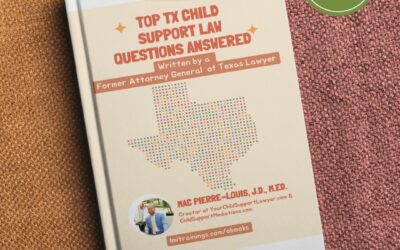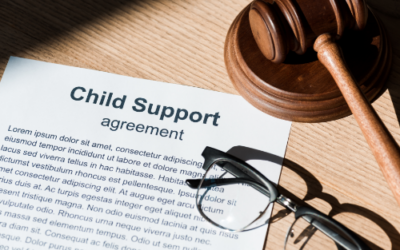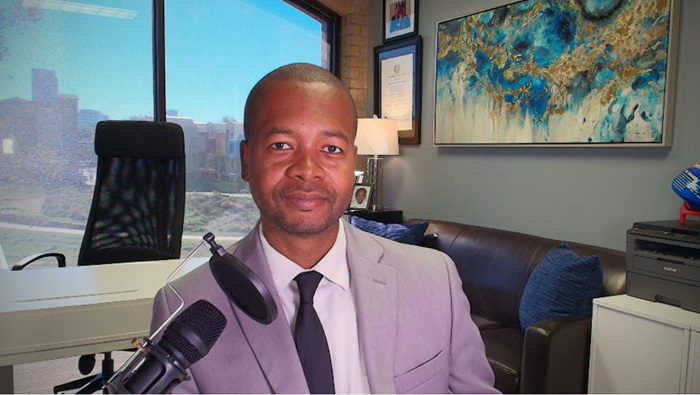ESTABLISHING PATERNITY AGAINST A DECEASED NCP
Suppose a mom (CP) visits her local state child support office and alleges that a certain man (NCP) is her child’s father. Then suppose that midway through the adjudication process, the NCP dies before a DNA test could be administered. In most cases child support is typically void at this point. Most child support offices would just close CP’s case. However, could the child support office help CP establish paternity for her child against the deceased NCP anyway (for heirship purposes or even to receive support from NCP’s estate)? If so, how? Especially given the fact that it is a probate court, not a family court, that is typically the best venue for hearing cases involving deceased individuals, and state child support offices do not practice law before probate courts.
CP is in luck if NCP was served with the paternity lawsuit before he died.





